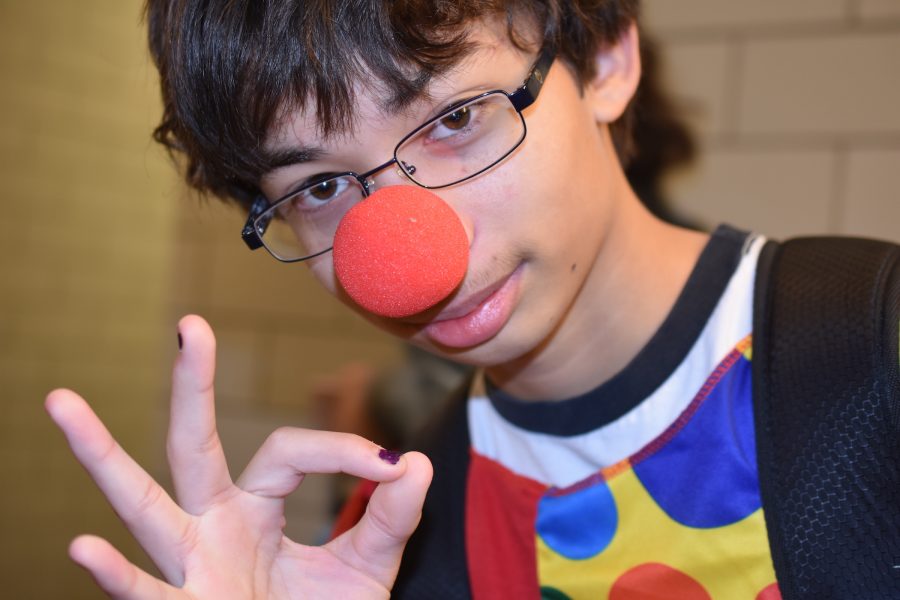Clowning around: costume craze sweeps nation
Sightings of clowns in unusual places and under unusual circumstances have sparked a growing fear of them, both nationally and in Portland.
People dressed in clown costumes reportedly have threatened Portland Public Schools, and clowns even may have even chased PPS students.
In the David Douglas School District in East Multnomah County, one clown was apparently arrested for “menacing and trespassing.”
In PPS, the district is working with the Portland Police Bureau to investigate the issue.
Reports of people clad in “creepy clown” outfits have surged in social media. Some supposedly abducted children. In other cases, clowns were said to be lurking in forests and allegedly threatening witnesses.
North Carolina and South Carolina have seen attempted clown abductions, according to CBS. Clowns allegedly offered sweets to lure children into forests. Officers found no evidence of clown involvement.
According to George Weatheroy, PPS Director of Security Services, there have been a couple of local cases similar to these reports.
However, Weatheroy believes the clown “phenomenon” poses a low threat.
Yet, the retail chain Target has stopped selling clown masks amid emerging cases in the nation, and the White House issued a warning about the cases. It stated that law enforcement should “take it seriously” and review the matter.
The panic spurred McDonald’s to temporarily sideline their clown icon, Ronald McDonald. The fast-food giant was “mindful of the current climate” around clowns, according to Business Insider.
Some Lincoln students find the clown excitement to be excessive.
“It feels like a joke,” sophomore Otto Portzline says.
However, Portzline adds, “if people are upset about [clown costumes], it makes sense” for chains like Target to retract them. He also believes clown suits should be banned at Lincoln because they may cause trouble.
Junior Jacob Jedynak says that clowns are “not at all” dangerous. They are “no threat to anyone,” he adds.
Ethan Dennis, junior, offers a different outlook.
“I think [the clown concern] is indicative of the culture we live in,” he says.
Dennis believes that some may impersonate clowns in order to garner attention on social media. They “want to be advertised,” he states.
Dennis adds that they pose no danger. “Essentially, they just want to scare people.”
It’s possible some at Lincoln are afraid of clowns.
Coulrophobes, those who fear clowns, comprise 12 percent of Americans according to the Rasmussen Reports. However, people who dislike clowns place significantly higher at 43 percent.
On Halloween day, some Lincoln students wore costumes, but few dressed as clowns, perhaps seeing it as risky to opt for red shoes and a red nose.
Only a few, such as sophomore Tavhasye Arnold donned a clown costume.
“Clowns are just the most lovable thing,” Arnold says.
He feels coulrophobes should “grow up” and “see clowns as who they are – big, loveable guys.”
According to Arnold, some pointed at him and others laughed in response to his controversial costume. He notes that wearing the clown outfit was “not easy.”
However, no one reportedly feared his costume.
He is “shocked and outraged” that Target withdrew some of its clown costumes prior to Halloween. Arnold adds that the action could be considered “discrimination against clowns.”

